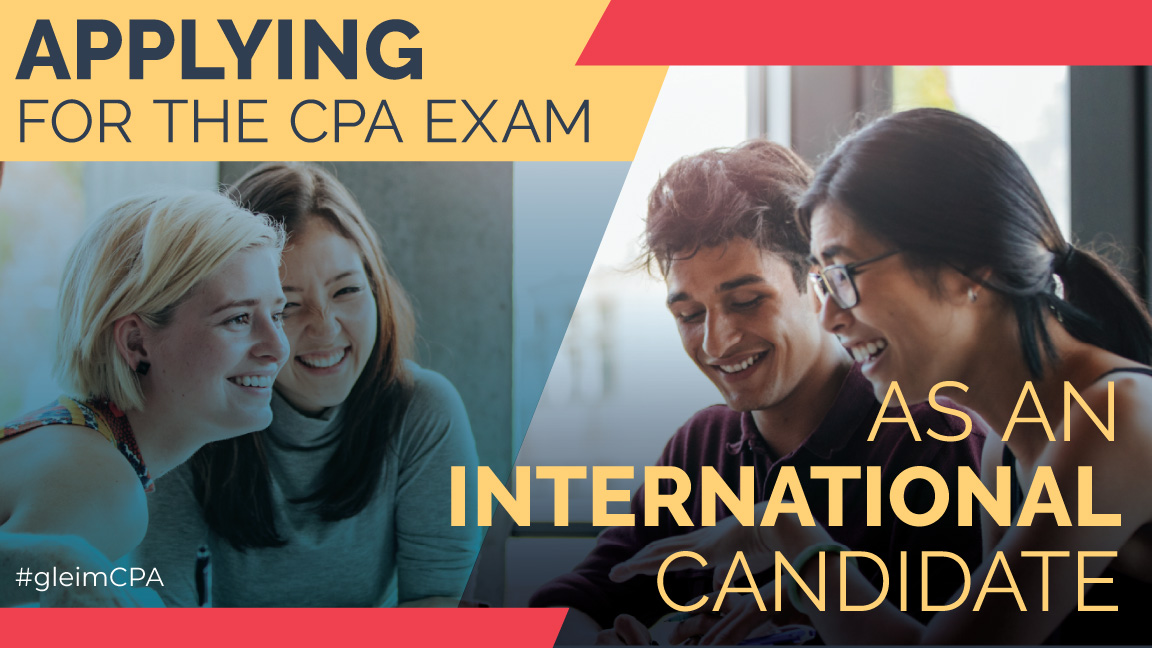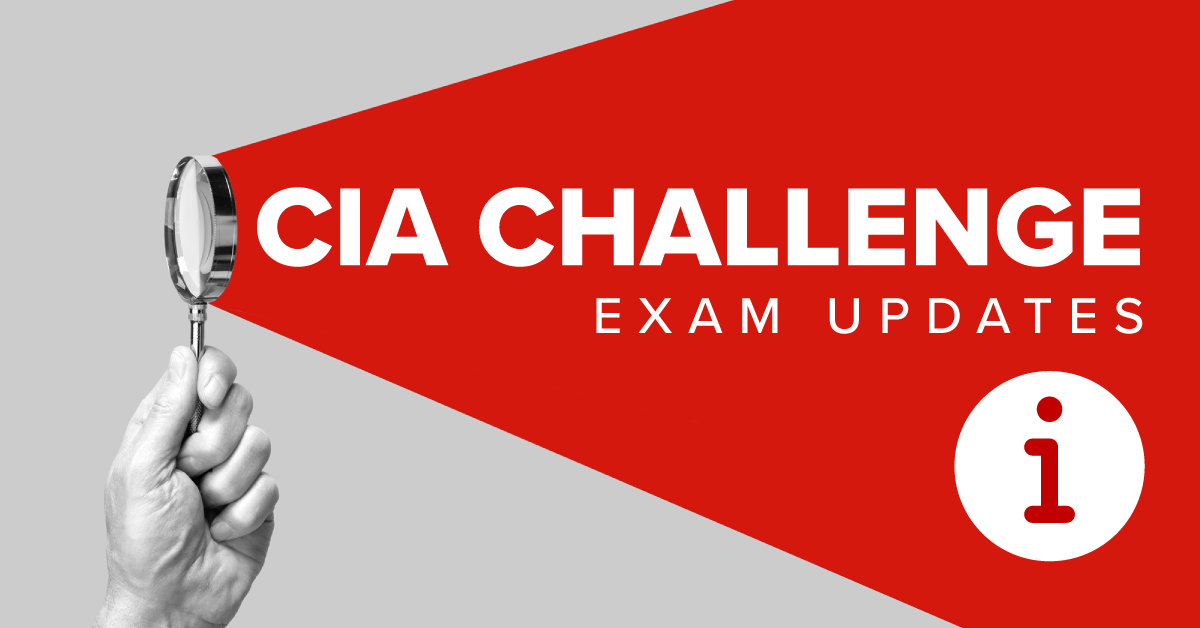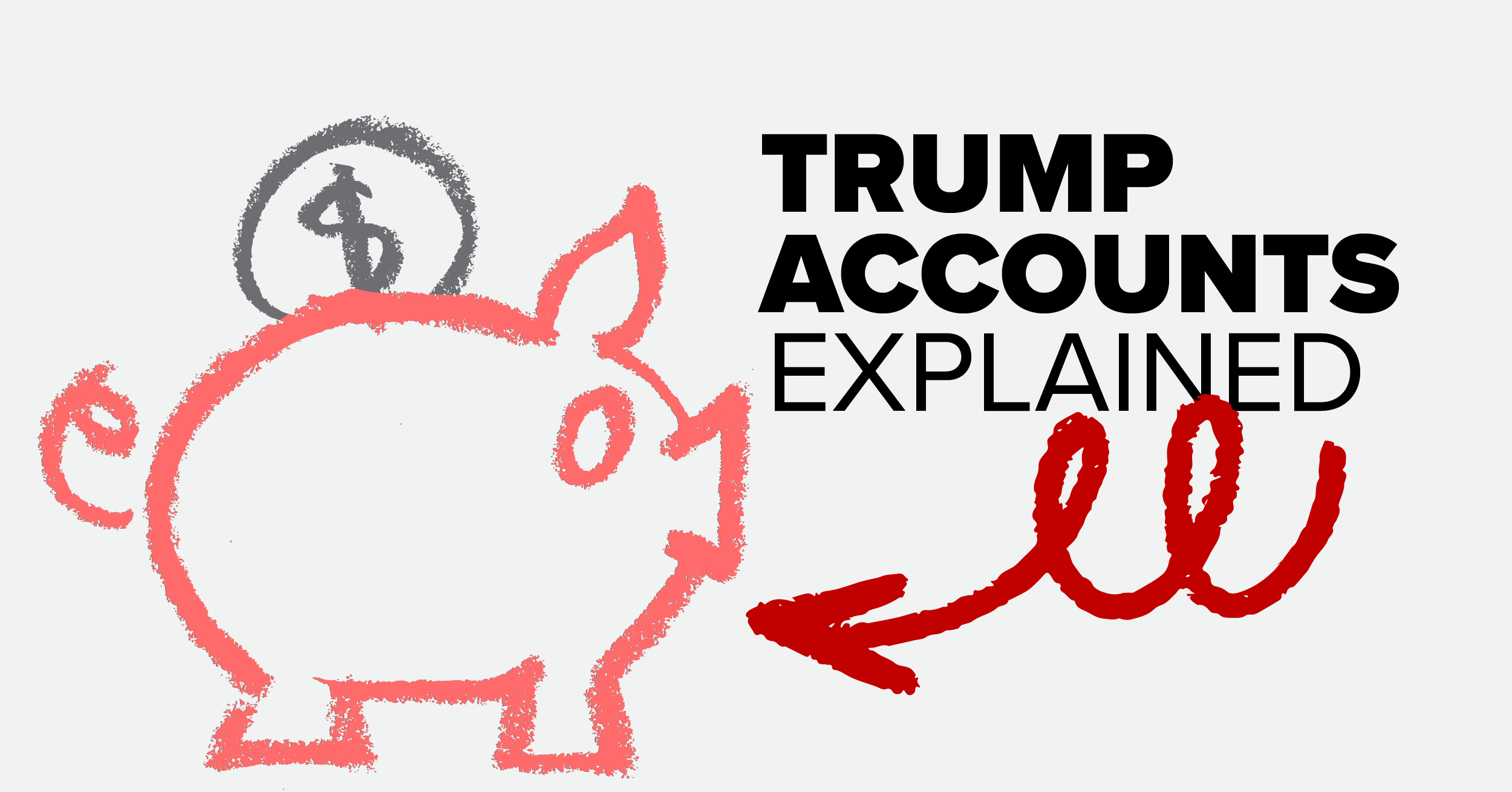By Stephanie Ng
The American Certified Public Accountant (CPA) license offers benefits to accountants around the globe. With this world-renowned certification, you can increase your earning potential, career options, and skills and earn the industry’s trust. If you’re an international student or accountant ready to take the next step toward the CPA, you’ve come to the right place. I was an international student myself who earned my CPA while working in Hong Kong. I’ve been there, done that, and I’d love to share my personal experience with you. Let’s walk through the process of applying for the CPA Exam as an international candidate.
(I didn’t forget about you, domestic candidates! You can learn how to become a CPA on my website.)
Contents
The CPA Application Process for International Candidates
Let’s start off with some good news: the CPA Exam application process is basically the same no matter where you’re from. Everyone must choose a jurisdiction in which to be licensed and apply to the CPA board of accountancy (or its designated agent, which is usually NASBA) within that jurisdiction. The state boards determine their own CPA license requirements, so you can discover any specific instructions for international candidates by contacting your state board.
But to qualify for the CPA, all candidates must meet the same three CPA requirements known as the “3 Es”:
- Education: Almost every state board expects candidates to have 150 credit hours of education with a minimum number of courses in accounting and business. To acquire the necessary number of hours, you can earn a bachelor’s degree as well as
- A master’s in accounting,
- A master’s in business administration,
- A minor, or
- 30 additional credit hours from assorted classes.
- Examination: All state boards require candidates to pass all four parts of the Uniform CPA Examination created by the AICPA.
- Experience: Most state boards expect 1 to 2 years of relevant accounting experience verified by a US CPA or equivalent.
Some state boards have added an additional requirement: Ethics exam. Conveniently, it also starts with an “E”, but inconveniently, it’s another exam you have to pass. This exam is not as intense as the CPA Exam, nor is it as standardized. You must pass whichever ethics exam your state board uses. It may be the AICPA’s Professional Ethics Exam or one administered by the state board.
Each state board varies the requirements as they see fit, which can create confusion. At the same time, it offers different opportunities to candidates in unique circumstances. You may not qualify in every state board, but you just need to qualify in one. Thankfully, some are very accommodating to international candidates.
CPA Exam Application Obstacles for International Candidates
The international CPA Exam application process is more straightforward than meeting the requirements, but it is not without its challenges. For example, if you were educated outside of the US, it’s likely your school isn’t regionally accredited or you don’t have a four-year degree. Also, you may not have a Social Security Number (SSN) or work under a US CPA.
How much your profile diverges from that of a U.S. accounting student affects how much extra effort you must make. But you don’t have to figure it out alone. I’ll help you forge your own path to a successful CPA application.
Applying for the CPA Exam as an International Candidate
To discover the specific CPA Exam application steps you’ll have to take, click the situation most appropriate to your case:
- I live in the US, and I am…
- I do not currently live in the US, and I…
- Earned a master’s degree in accounting/taxation/finance/business administration outside the US
- Obtained a bachelor’s degree in accounting from a 4-year university outside the US
- Acquired a bachelor degree in accounting from a 2 or 3-year university
- Am a Chartered Accountant (CA) or an ACCA holder or have other professional qualifications in another country
A1. International Student / Holder of Working Visa in the US
If you received your education in the US, you’ll have little to worry about. Completing 100% of your coursework in the US allows you to use the same application as domestic applicants.
If you took coursework outside of the US, the jurisdictions will want to verify that your education meets their standards. Consequently, you’ll need to send your non-US transcripts to a credential evaluation agency. This process can cost anywhere from $150-$250.
-
-
- Accounting Majors
-
If you’re an accounting student at a US college, you’re on the right track to fulfilling all the education requirements. Furthermore, your school can provide everything you will need for the CPA registration.
The exceptions to this rule are North Carolina and Alabama, which only grant the CPA license to US citizens. Clearly, you won’t be able to apply to these states.
If you earn an accounting bachelor’s degree with 120 credits and don’t mind having an inactive license, you could get your CPA certification from Guam. Guam issues inactive licenses for accounting majors with only 120 credit hours and no experience.
-
-
- Relevant but Not Accounting Majors (e.g. Business, Finance)
-
If you graduate having taken some accounting courses, you’ll have 120 credit hours (needed to sit for the CPA Exam), but probably not the 150 credit hours required for the license. Therefore, you must acquire 30 credit hours of additional courses.
To do this, I recommend checking with your preferred state board to determine which accounting credits you need to qualify. In most cases, you can easily find online or community colleges offering the necessary classes. I also have some other ideas about getting extra education credits for the CPA license, so check those out as well.
A2. H-4 Visa Holders with an Accounting Background
People in this position live with their spouses in the US, have an H-4 visa, and also have either
-
-
- A bachelor’s of commerce (BCOM),
- A BCOM and the chartered accountant designation (CA), or
- A BCOM and a master’s of commerce (MCOM).
-
General Requirements
If you earned your degree outside of the US, you must employ a credential evaluation agency to determine if your transcripts satisfy the state boards’ standards for education. This service costs $150-250 and a bit of effort but generally shouldn’t be too complicated.
Common Obstacles
In addition to undergoing the credential evaluation process, H-4 visa holders may face these challenges:
-
-
- Social Security Number (SSN)
-
Typically, H-4 holders don’t have an SSN. In regulated professions like the CPA, an SSN is an important tool for tracking down those who don’t comply with the rules. Therefore, all but seven jurisdictions publicize an SSN requirement, but not all hold to it. Some states will waive this requirement upon request. You can submit your request by explaining your reasons in a letter and filling out an SSN affidavit form.
-
-
- Not Allowed to Work
-
Certain H-4 visa holders are allowed to work. If you are not one of them, you have three options for overcoming this issue:
-
-
-
- Apply for a restricted license
-
-
You can apply to a state that doesn’t require working experience (e.g. inactive license in Guam and non-reporting license in Massachusetts). Such a restricted license involves some compromises. However, when your visa status changes (e.g., you get a green card), you can apply for the full license.
-
-
-
- Look for a state with lower work experience supervision standards
-
-
You can also find a state (e.g. Illinois) that allows a non-CPA to supervise and verify your experience. This concession likely lets you utilize your previous work history in your home country.
-
-
-
- Volunteer for CPA-supervised work
-
-
Finally, you can volunteer at an organization that permits you to work under a US CPA. But do so carefully, because in the US, it is illegal to take on an otherwise paying job for free. Volunteering at a religious or social organization is typically acceptable, so many H-4 visa holders go this route. But as an added precaution, you should probably consult an expert in this area.
If you’d like to learn more, I’ve extended my discussion of common CPA obstacles and solutions for H-4 visa holders, and I’ve also listed the state boards with flexible experience requirements.
A3. Non-Accounting Majors with Little Coursework in Accounting
Qualifying for the CPA without having completed a lot of accounting coursework is getting increasingly difficult. While still possible, it demands a considerable amount of time, energy, and money for individuals in this situation to become a CPA.
I go into greater detail about how non-accounting majors can sit for the CPA Exam on my site, but basically, your options consist of:
-
-
- Applying to a state that requires the fewest accounting courses
- Taking additional accounting courses
- Fulfilling the experience requirements by working in corporate or governmental agencies or universities
-
B1. Master’s Degree in Relevant Subjects Obtained from a Non-US University
One hundred and fifty credit hours is equivalent to five years of tertiary education. You can most likely meet this requirement with a master’s degree in accounting, taxation, finance, or business administration (i.e. MBA).
2-year Bachelor’s Degree
If you have a two-year bachelor’s and a two-year master’s, you only have four years of coursework (simple math, right?). Consequently, you come up short of the required 150 credit hours. But you may still qualify, so be sure to double check with your state board or NASBA before applying.
Extra Steps
The only extra step you must take is sending your transcripts to a foreign credential evaluation agency so they can confirm that your education is equivalent to a US education. This process takes time and effort but is fairly simple.
B2. 4-Year Degree in Accounting Obtained Outside the US
General Note
Like other international candidates, you must submit your transcripts to a foreign credential evaluation agency for assessment. This process can take anywhere from a few days to eight weeks depending on the depth of services you require.
Possible Issue
As you will probably only have 120 credit hours instead of the required 150 hours, you can take additional courses to make up for what you are lacking, and you can usually do so through online or community colleges. Be sure to check your state board’s specific stipulations to guide your enrollment decisions.
B3. 2/3-Year Degree in Accounting Obtained Outside the US
In the past, you could qualify for the exam with a three-year degree in accounting, but no longer.
Nowadays, if you’re entirely committed to the CPA, I suggest you satisfy the requirements by earning a two-year master’s degree. Otherwise, consider pursuing the CMA with its much simpler application process.
B4. Holder of Other Accounting Related Professional Qualifications
Again, some states used to waive the educational requirements for candidates with professional qualifications in other countries.
But now things have changed. Unless you’re a CA from countries with reciprocal agreements, and you’ve taken the IQEX, chances are that these professional qualifications don’t help at all.
Since 2012, the trend among state boards seems to be considering these qualifications as professional credentials rather than educational credentials. State boards, therefore, don’t allow them to count towards the educational requirements.
You can learn more in my post dedicated to Indian BCOM candidates that is also relevant to other three-year degree holders.
Additional Help for Your CPA Exam Journey
Now you know more about what your personal path to the CPA will look like as an international candidate. Take the next step by discovering the best state boards for international CPA candidates to apply to, and then equip yourself for CPA Exam success by finding the best CPA review course for you. I wish you the best with the CPA!
Bio: Stephanie Ng has been answering candidates’ questions and writing about how to pass the CPA and other exams since 2010. She helps candidates pass the CPA Exam at her site ipassthecpaexam.com, the CMA exam at ipassthecmaexam.com, the CIA exam at ipasstheciaexam.com, and the EA exam at ipasseaexam.com.



